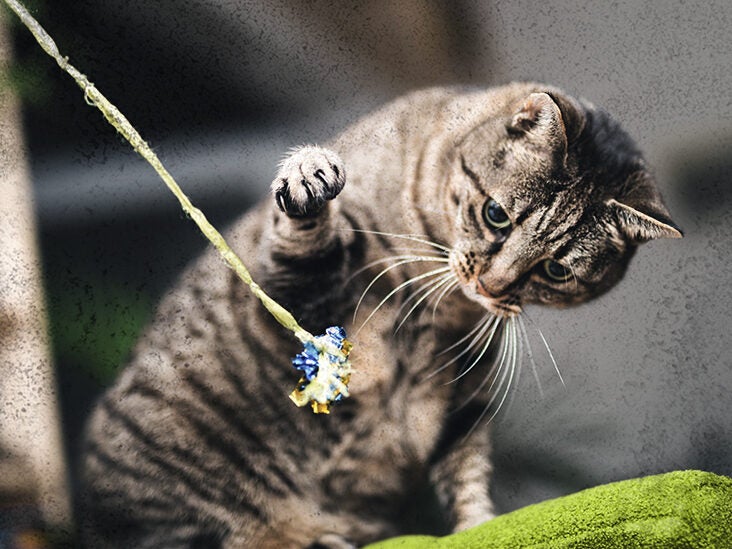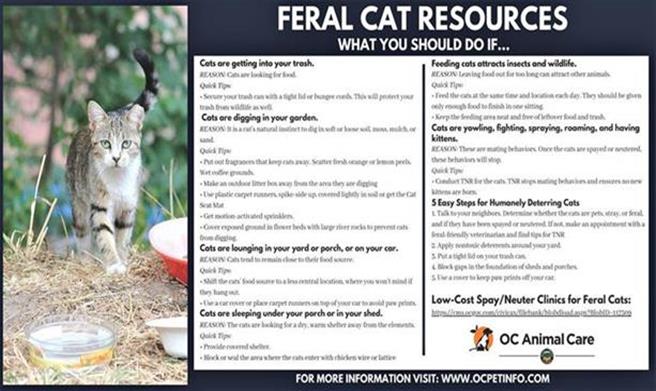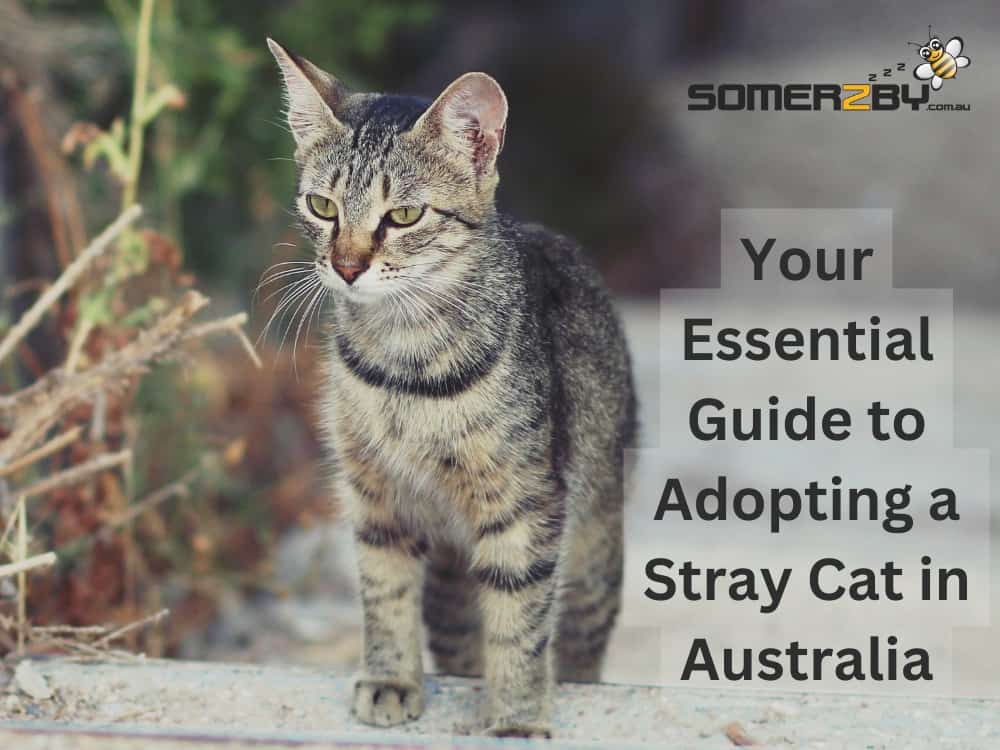If a feral cat bites you, immediately wash the wound with soap and water, then seek medical attention. Cat bites may lead to infection or transmit diseases like rabies, so prompt care is important.
Navigating the world of feral cats can be unpredictable. While these untamed felines may seem intriguing, they can pose risks, especially when they feel threatened and resort to biting. Encountering a feral cat might activate your instincts to connect with the animal, but remember, they are not socialized to human interaction.
As a content writer sensitive to the realities of such encounters, it is important to arm the readers with straightforward advice on how to handle a bite from a feral cat. This guidance is crucial not just for the well-being of the individual, but also for public health considerations. Dealing with a feral cat bite involves a clear understanding of first aid procedures and the urgency of medical consultation to prevent potential complications.
Initial Response To A Feral Cat Bite
Dealing with a feral cat bite requires prompt action. It’s essential not only for your health but also to prevent any potential complications that may arise. Understanding the immediate first aid steps and acknowledging the risks of infection can help you handle the situation effectively.
Immediate First Aid Steps
The moment a feral cat bites you, swift first aid is critical. Your main goals are to clean the wound and lower infection risks. Follow these steps right away:
- Wash the bite with soap and water.
- Press gently around the wound to promote a small amount of bleeding.
- Apply an antiseptic solution to disinfect the area.
- Cover the bite with a sterile bandage.
- Keep the wound elevated to reduce swelling.
Risks Of Infection
Infections from feral cat bites can be serious. Bacteria from a cat’s mouth can cause infection in humans, such as cat-scratch disease or rabies. Look for these signs:
- Redness and swelling around the bite
- Pain that worsens over time
- Fever or chills
- A pus-like discharge
If you notice any of these symptoms or if the wound does not heal, seek medical attention promptly. It’s also vital to stay updated on your tetanus shots and consider a rabies vaccination if feral cats are common in your area. Always take feral animal bites seriously to safeguard your health.
Medical Attention Post-bite
Encountering a feral cat can be unpredictable. If a feral cat bites you, quick action is crucial. Not only is it painful, but it also poses health risks. Understanding when to seek medical help and what to expect when you get there is vital. Here’s what you need to know after a feral cat bite.
When To Seek Professional Care
A feral cat bite requires professional care in several situations. Consider these points:
- Rapid swelling or redness around the bite
- Signs of infection such as pus or increasing pain
- Fever or feeling unwell
- If the bite is deep or won’t stop bleeding
- Pre-existing health conditions that might escalate risks
Don’t wait. If any of these signs are present, seek medical attention immediately. Cat bites can transmit serious infections like cat scratch disease or rabies.
What To Expect At The Doctor’s Office
| Action | Expectation |
|---|---|
| Initial Evaluation | Doctor will check the bite, your symptoms, and medical history. |
| Cleaning the Wound | Removing bacteria is crucial to prevent infection. |
| Possible Tests | Blood tests or imaging to assess the damage and infections. |
| Treatment Options | May include antibiotics, tetanus booster, or rabies vaccination. |
| Follow-up Care | Set a return visit to monitor healing and manage any complications. |
Remember! Always disclose your full medical history to the healthcare provider. This helps them tailor the best care plan for you after a feral cat bite.
Understanding Rabies And Cats
When dealing with feral cats, a vital health consideration is rabies. Rabies is a deadly virus that affects the nervous system. Cats can transmit it through bites. Knowing about rabies is crucial in dealing with cat bites. Swift action can prevent serious consequences.
Symptoms To Monitor
After a feral cat bite, watch for these signs:
- Fever: Look for an increase in body temperature.
- Headache: Be aware of persistent or severe headaches.
- Nausea or Vomiting: These are early symptoms of rabies infection.
- Anxiety: Notice unusual feelings of stress or nervousness.
- Confusion: Be alert for trouble thinking or understanding.
- Hyperactivity: Watch for excessive movement or agitation.
- Difficulty swallowing: This could indicate serious neurological problems.
- Salivating more than usual: Look for excessive drooling.
Vaccination And Prevention
Prevent rabies with these steps:
- Vaccinate Pets: Keep your pets’ rabies shots up to date.
- Avoid Wild Animals: Stay away from unknown and wild animals.
- Report Strays: Inform local animal services about stray cats.
- Seek Immediate Care: Get medical help right away after a bite.
Remember, an ounce of prevention is worth a pound of cure. Vaccinate pets, inform others about rabies, and always get medical care after a cat bite.

Credit: www.medicalnewstoday.com
Legal Considerations And Reporting
Legal Considerations and Reporting – If a feral cat bites you, navigating through legal steps is crucial. Understanding local laws and reporting the incident promptly can protect your health and community safety. Let’s dive into what you need to know.
Local Animal Control Laws
Local legislation varies widely regarding feral cats. Some areas implement strict control measures, while others may practice Trap-Neuter-Return (TNR) programs. After a feral cat bite, familiarize yourself with the specific animal control laws in your locality. Key points often include:
- Rabies vaccination laws for pets and feral animals
- Mandatory reporting timeframes after an incident
- Penalties for feeding or harboring feral cats
Reporting The Incident
Immediate reporting is essential for your safety and community health. Contact your local health department or animal control agency to report the bite. Give a clear description of the feral cat and the incident location. This enables authorities to:
- Monitor for potential rabies outbreaks
- Take necessary public health actions
- Prevent future animal attacks
Documenting the bite is also important for medical and legal reasons. Keep records of any medical treatments and communications with authorities.
Preventing Future Feral Cat Bites
Biting incidents with feral cats can be alarming. These scenarios underline the need for preventative measures to ensure your safety and the welfare of the cats. By understanding how to interact safely with stray animals and supporting feral cat colonies responsibly, you can minimize the risk of future bites.
Safe Interaction With Stray Animals
Approach all stray animals with caution. Their unpredictable behavior can lead to defensive biting. Here are tips for safe encounters:
- Observe body language: A tucked tail or hissing could signal that the cat feels threatened.
- Do not touch: It’s safest to admire feral cats from a distance.
- Use slow movements to avoid startling the cat.
- If a cat approaches, let it sniff you first before attempting a gentle stroke.
Supporting Feral Cat Colonies Responsibly
Care for feral communities without compromising safety with these practices:
| Action | Benefit |
|---|---|
| Neuter or spay | Reduces aggression and overpopulation |
| Vaccinate | Prevents disease spread |
| Provide shelters | Encourages cats to stay in designated areas |
| Use feeding stations | Minimizes food competition and aggression |
Partner with local animal organizations for colony care without direct exposure to the cats. This supports their well-being from a safe distance. Education on feral cat behavior also helps communities to act wisely around these animals.

Credit: www.medicalnewstoday.com
Community Safety And Awareness
Community Safety and Awareness plays a pivotal role when it comes to incidents involving feral cats. A bite can be more than just a minor injury; it poses health risks. Staying informed and taking action can safeguard neighborhoods from potential dangers. Let’s dive into how education and organized safety programs can make all the difference.
Educating The Public
- Identify feral cats: Learn to recognize the difference between stray and feral cats.
- Rabies awareness: Understand the signs of rabies and why immediate care is vital.
- First-aid steps: Know the basics of treating a cat bite until professional help is reached.
- Preventative measures: Discover ways to avoid provoking animals, ensuring no harm comes your way.
Education serves as the community’s shield. Knowledge is the first line of defense. Sharing information about feral cats, risks, and response measures is crucial. It helps everyone stay safe.
Organizing Neighborhood Safety Programs
- Workshops: Host talks and classes about feral cats and community health.
- Emergency Contacts: Create a list of hotlines to call if a cat bite occurs.
- Neighborhood Watch: Encourage a system where residents look out for each other and any feral cat-related issues.
Safety programs give neighbors the tools to respond effectively. They foster a supportive environment. Teamwork makes the community safer.
| Do This | Avoid This |
|---|---|
| Clean the wound gently | Ignore the bite |
| Use antiseptic | Delay medical attention |
| Contact professional help | Try to catch the cat |

Credit: www.ocpetinfo.com
Frequently Asked Questions For What To Do When A Feral Cat Bites You
Should I Go To The Hospital If A Stray Cat Bites Me?
Yes, seek medical attention for a stray cat bite due to infection risk and potential rabies exposure. Prompt professional care is important.
Can You Get Rabies From A Feral Cat Bite?
Yes, you can contract rabies from a bite by a feral cat if the cat is infected with the rabies virus. Seek medical attention immediately after any cat bite.
When Should I Worry About A Cat Bite?
Seek medical attention for a cat bite if it becomes red, swollen, painful, or if fever develops. Prompt treatment is crucial to prevent infections such as cat-scratch disease.
Do You Need A Tetanus Shot If A Stray Cat Bites You?
Yes, seek medical advice for a tetanus shot if a stray cat bites you, especially if your last vaccination was over 10 years ago or unknown.
Conclusion
Dealing with a feral cat bite requires prompt action and proper care. Always seek medical attention and report the incident. Remember, prevention is key—exercise caution around unfamiliar cats to avoid such encounters. Stay informed and prepared to ensure your safety and well-being.



